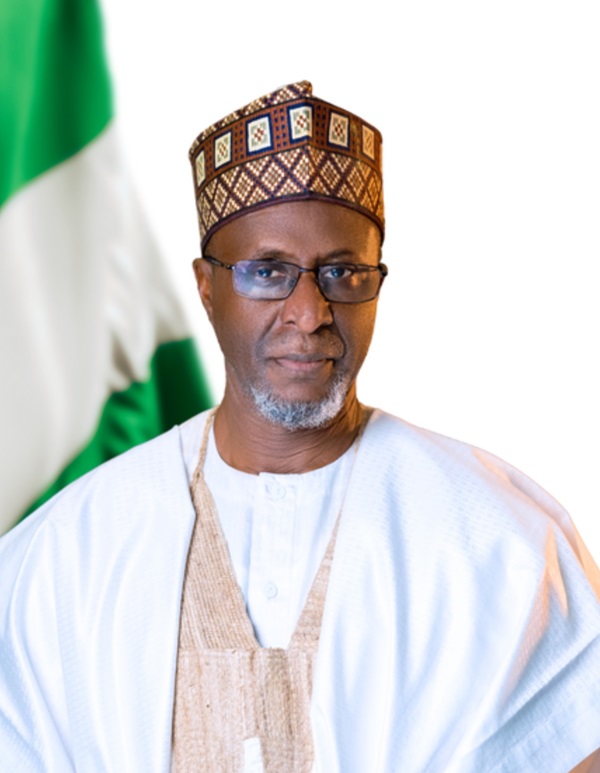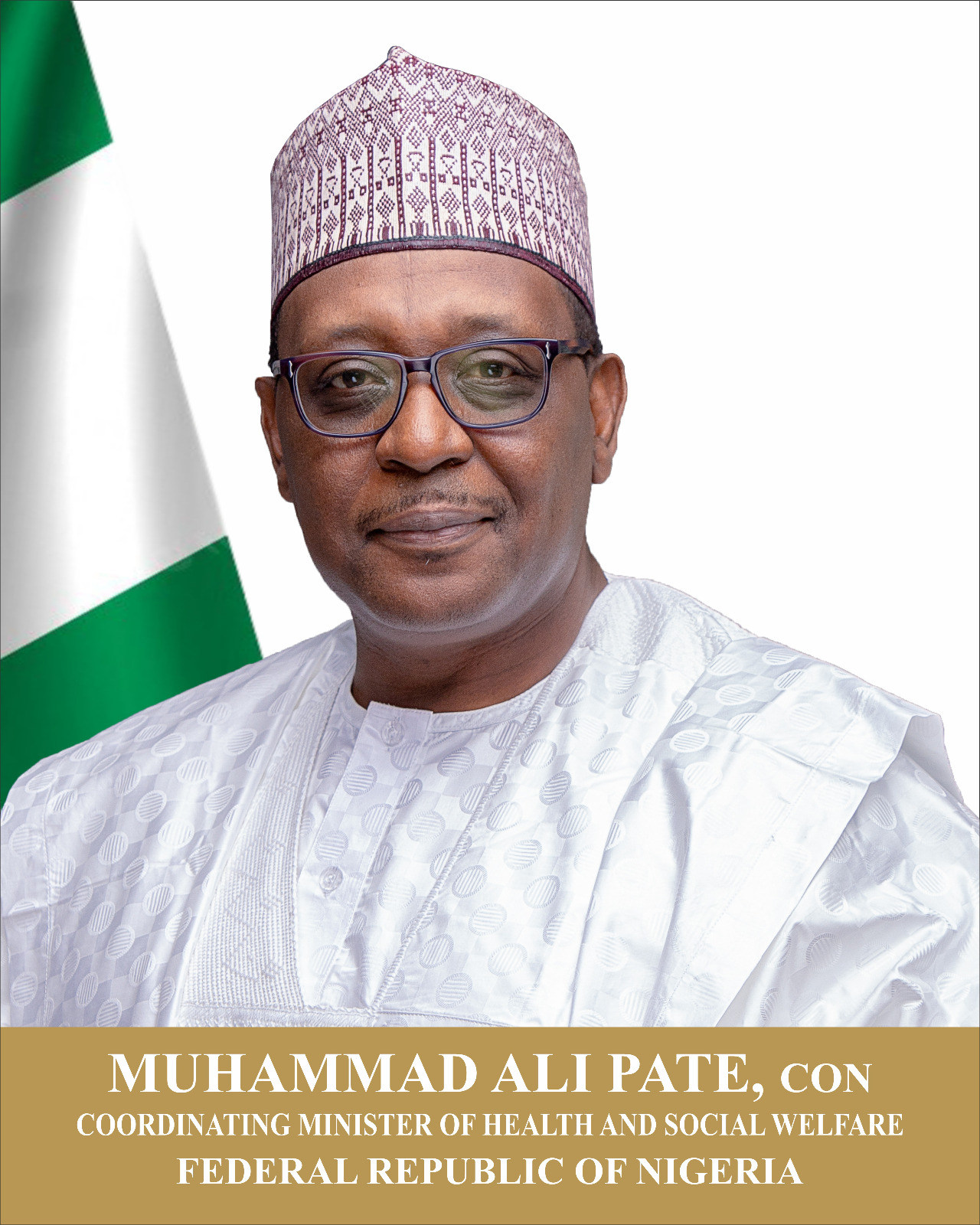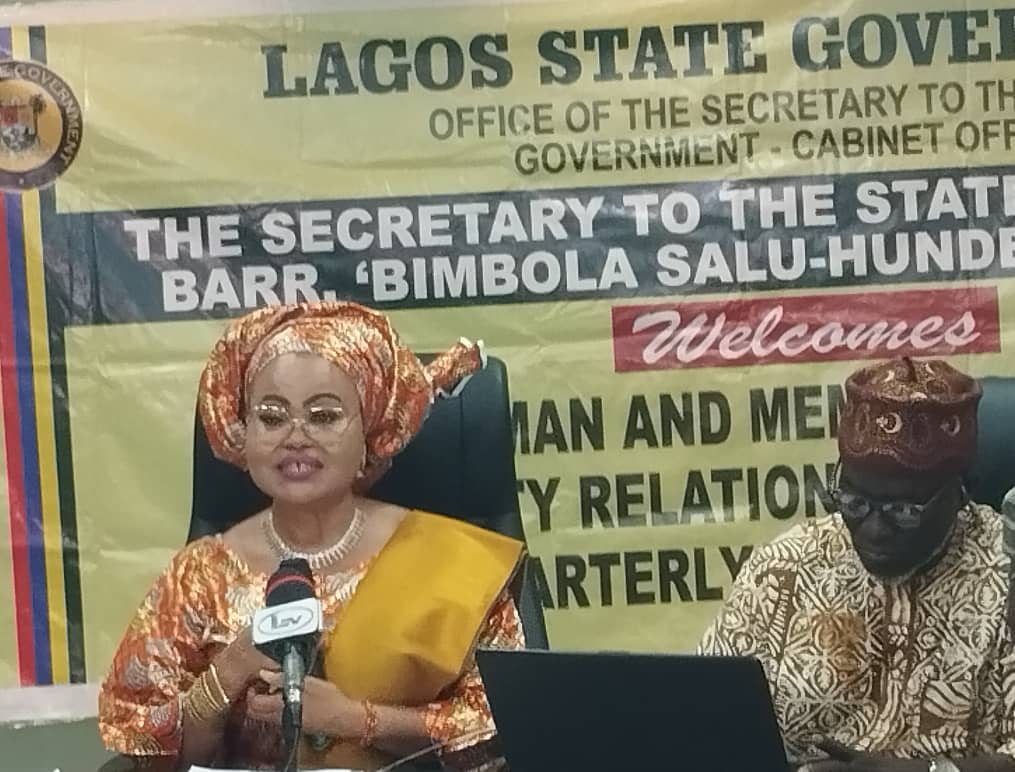FG Rallies Nigerians to Tackle Open Defecation, Poor Sanitation to Curb Disease Outbreaks

In a renewed push to combat preventable diseases and safeguard public health, the Federal Government has called on Nigerians to embrace proper sanitation, hygiene, and end the practice of open defecation across the country.
The Minister of Environment, Balarabe Abbas Lawal, made the call during the commemoration of the 2025 National Environmental Sanitation Day held in Lafia, Nasarawa State. Represented by the Director II, Pollution Control and Environmental Health, Mrs. Omotunde Adeola, the Minister warned that poor sanitation continues to fuel the spread of emerging and re-emerging diseases in Nigeria.
Lawal highlighted the far-reaching consequences of poor sanitation—including high disease burden, environmental degradation, water and soil pollution, and economic losses—stating that they threaten both public health and national development.
“The resurgence of diseases like COVID-19, cholera, monkeypox, yellow fever, and dengue fever underscores the crucial role of sanitation in disease prevention,” the Minister noted. “Across our communities, we are still battling ailments like typhoid, diarrhoea, and malaria—all worsened by inadequate hygiene.”
He lamented that more than 3.5 million children in Nigeria suffer from diarrhoea-related diseases annually, with many fatalities resulting from poor hygiene and sanitation.
To address these issues, Lawal disclosed that the Ministry, in collaboration with key stakeholders, has updated the 2005 National Environmental Sanitation Policy and its implementation guidelines, secured Federal Executive Council (FEC) approval for a new National Solid Waste Management Policy, and launched a National Policy on Antimicrobial Resistance in the Environment Sector.
The Ministry has also embarked on the construction of public toilets nationwide and intensified awareness campaigns against open defecation, aligning with President Bola Ahmed Tinubu’s Renewed Hope Agenda.
Lawal urged citizens to commit to proper waste disposal, stop indiscriminate dumping of refuse, and take ownership of their immediate environment, saying, “Clean environments are the product of sustained effort, vigilance, and community spirit.”
In support of the government’s efforts, Dr. Stephen Ohize, Regional Coordinator of the GTFCC Country Support Platform, Lake Chad Hub, IFRC, reaffirmed the Red Cross’ commitment to supporting Nigeria’s National Strategic Plan of Action on Cholera Control (NSPACC), describing sanitation and hygiene as “cornerstones of disease prevention.”
In her remarks, Engr. Bahijjatu Abubakar, Director of Pollution Control and Environmental Health at the Federal Ministry of Environment—represented by the Director of Press and Public Relations, Ibrahim Haruna—praised the Nasarawa State Government for mobilizing stakeholders, including community leaders and youth groups, to participate in the sanitation campaign.
Anambra Guber Poll: Soludo Hails Gen-Z Tech Movement Backing His Re-election
She reaffirmed the Ministry’s commitment to achieving Sustainable Development Goals (SDGs) 3 and 6 by 2030, which target good health, well-being, clean water, and sanitation for all.
The event reaffirmed federal resolve to strengthen sanitation governance, promote behavior change, and build a healthier environment through multi-stakeholder collaboration.





